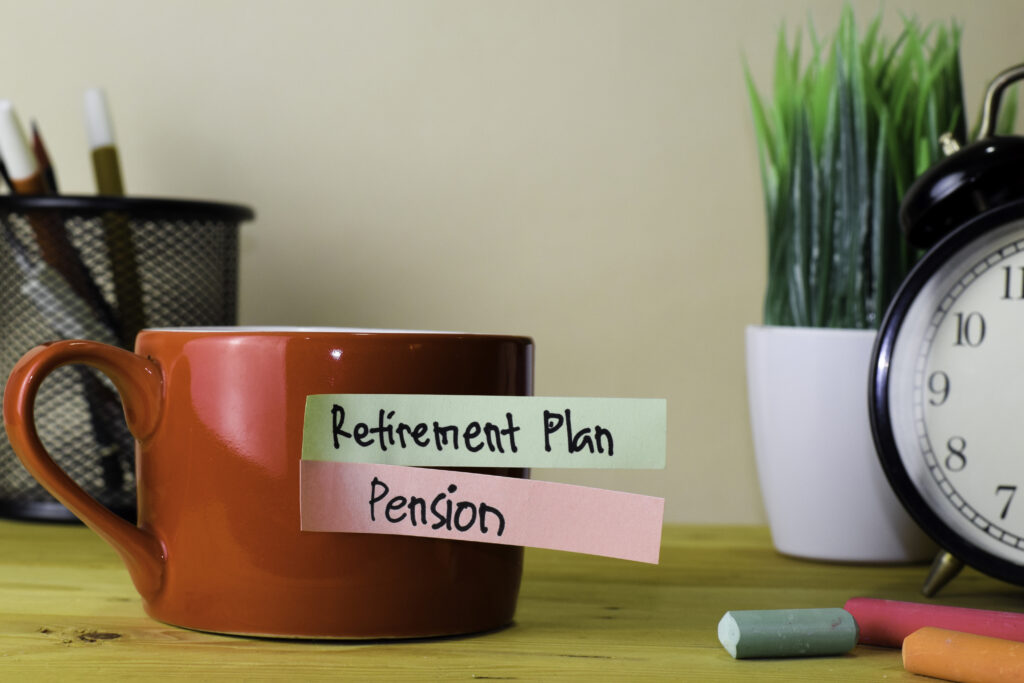
Have you ever wondered what exactly is a pension? We’ll explain it to you in a way that you can grasp.
What exactly is a pension?
A pension is a type of retirement plan that provides you with money each month of your retirement. Your employer completely funds the plan and manages its investments.
It can be challenging to find a large number of private companies that offer pensions due to the fact that they guarantee income in retirement. Different government agencies and departments often give out pensions.
Pensions must adhere to guidelines established by the Department of Labor. These guidelines specify how much your company must contribute each year to an investment fund in order to guarantee your pension amount in the future.
How do Pensions Work?
A simple formula is used to calculate how much a pension will pay out each month. The formula is usually based on a mix of elements, such as:
- Your age is
- How long have you been with the company?
- How much money do you make?
For example, if you work for the company for at least ten years and retire at the age of 55, your pension may pay you 50% of your current salary. Someone who has worked for the company for 30 years and retires at 65 may receive 85% of their pay at retirement.
The longer you work and remain with the company, the more money you will receive.
Can pensions be cancelled?
The trouble about pensions is that your employer can end it at any time. If they decide to do so, they will freeze your account, and anything you have accumulated up to that point will be paid to you when you retire. You will not receive any more compensation.
If your company fails to manage your pension plan properly, you do have some options. The Pension Benefit Guaranty Corporation, or PBGC, will step in and pay your payments up to the legal maximum. This amount is based on your age when you retire and on whether or not your plan includes benefits for your survivors.
What about taxation?
Most of the time, taxes are applicable on pensions. If you get a military or government pension due to a disability, the income may be tax-free.
You can choose to have taxes taken out of your pension income.
Is a Pension the Same as a 401(k) Plan?
In a way. Pensions and 401(k)s are both types of retirement plans. On the other hand, if you have a pension, you do not have to make any payments into the plan that you are participating in. Your employer is responsible for taking care of everything, from the management to the money.
Your employer is not compelled to make a contribution to your account, although they are welcome to do so if they like.
Pensions are guaranteed, but how much you get depends on how much you earned while working.

For my thesis, I consulted a lot of information, read your article made me feel a lot, benefited me a lot from it, thank you for your help. Thanks!